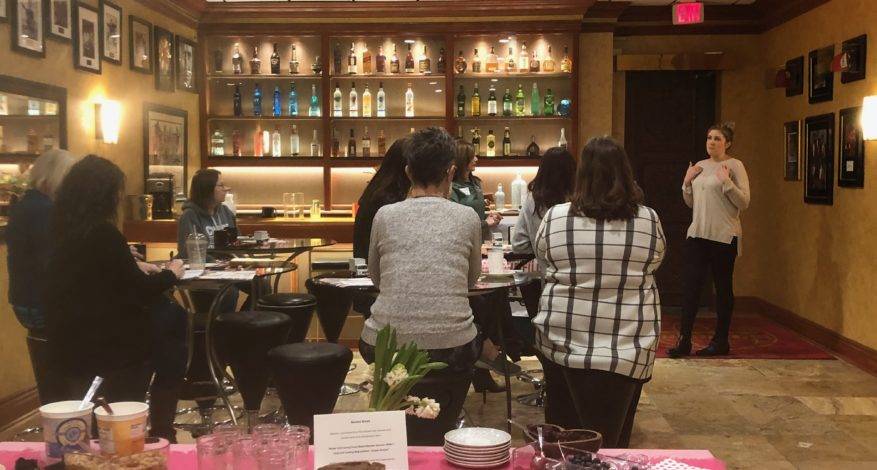Love Your Food
Let’s talk about loving the food you already have at home, because after all, food in the trash is money in the trash. When you throw out food, you’re not only wasting the food itself, but also the resources used to make that food, particularly water.
Unregulated dates on our foods’ labels lead to misinformation and confusion. In a 2011 study:
- 23% of consumers reported believing that eating food past the use by date is a serious health risk.
- 37% of consumers reported always (“every time”) discarding food when it is past the use by date and
- 25% reported always discarding food when it is past its sell by date.
- 13% reported believing that eating food past its sell by date is a serious health risk
- 10% reported believing that eating food past its best by date is a serious health risk
Additionally, in a 2014, 71% of consumers misunderstood the terms “use by” and “best before.”
There is not standard, mandated dating system for our food… the dates listed on our labels are optional and not regulated by the FDA, USDA or any other agency.
In the last few years, the Grocery Manufacturers Association and the Food Marketing Institute proposed two phrases: Best if Used By and Use By. An estimated 87% of products are using these labels. The USDA also recommends these standard phrases.
BEST If Used By indicates to the consumer that, after a specified date, the product may not taste or perform as expected but can still be used or consumed.
- For example, eggs are still good 3-5 weeks after the date on the carton
- Store these items properly to maximize shelf life. Once opened, the quality of these foods will decline (have you ever cracked an egg, put it in a container and then gone to use it a few days later… it’s not quite the same once it’s out of its shell for awhile!)
USE By applies to perishable products that should be consumed by the date on the package and discarded shortly thereafter.
- They may be good a few days after their date; use your judgment.
- Use or freeze these items by the date on the package because they tend to spoil quickly.
Sell By dates are meant for retailers and do not reflect quality. Typically these products have ⅓ of their shelf life remaining once the date on the box passes.
In the end, we all ought to use our best judgment to tell if something is bad. Smell, sight and taste can substantiate quality more than anything else.
The best way to reduce your personal waste is to plan ahead! Write a meal-plan. Follow the “first in, first out” mentality of using the oldest products in your fridge and pantry before anything else. Get creative by Googling how to use leftovers or scraps well… try tossing all of your ripening veggies into a frittata or soup! And mostly, just be mindful of what you have. A little change can go a long way in your kitchens.
Here’s to full bellies and empty landfills!
Did you LOVE this blog post? The content was provided by and sourced from Anna Curry’s presentation at Food for Thought. Follow our Events and Facebook pages for announcements on our next breakfast series so you can stay informed on the latest in food waste prevention in Omaha and around the world!


